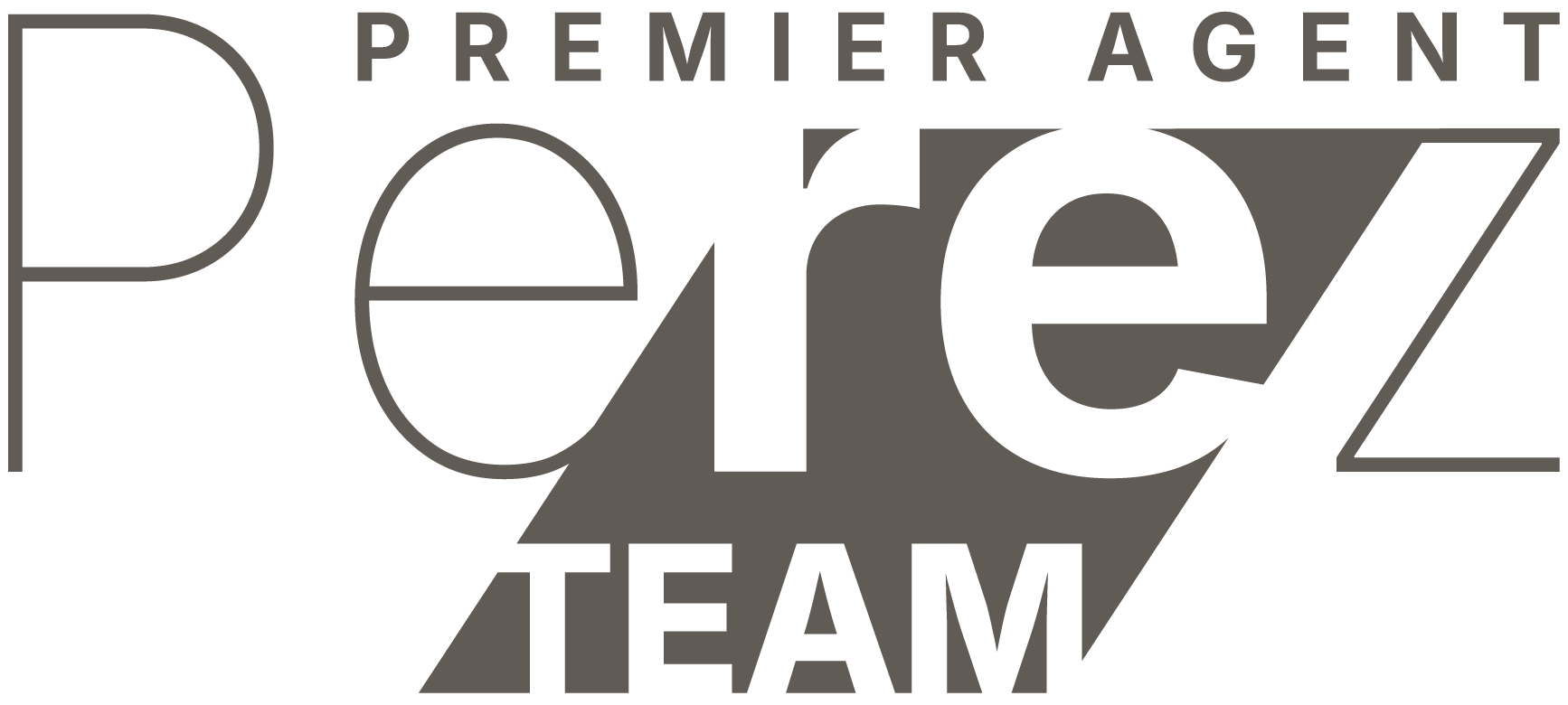Applications & Processing

What to Expect When You Apply for a Mortgage
Mortgage Brokers vs. Lenders — What’s the Difference?
Mortgage brokers act as your personal guide through the loan process. They shop around on your behalf, comparing loan options from multiple lenders (the institutions actually providing the funds).
Good brokers streamline the process, advocate for you, and earn a fee (typically paid by the lender—not you).
Need a trusted mortgage broker recommendation? We work with experienced pros who go the extra mile for our clients.
Filling Out Your Mortgage Application
Most applications can be completed online through your broker’s website. These forms gather the financial information lenders need to pre-approve you, so take your time and answer accurately.
Once submitted, your info will be verified and passed along to underwriting for review.
Documents You’ll Need
To speed things up, gather these key documents in advance:
- 2 years of W-2s or full tax returns (if self-employed)
- Recent pay stubs
- 2–3 months of bank and asset statements (checking, savings, 401(k), etc.)
- Retirement, mutual fund, and brokerage statements
- Proof of any additional income (rental, alimony, trust, etc.)
- Credit card and loan statements
- Driver’s license or government-issued ID
- Green card or visa (if not a U.S. citizen)
- Existing mortgage info (for refinances or equity loans)
Pro Tip: Staying organized and responsive can shorten your loan timeline by days—or even weeks.
Stay in the Loop
Your file will go through underwriting, where a loan analyst reviews your finances and the property to ensure everything meets approval criteria.
If questions come up (they usually do!), your mortgage broker will reach out. Respond quickly to keep things on track.
Keep checking in with your broker to stay updated—especially once you’re in escrow.


